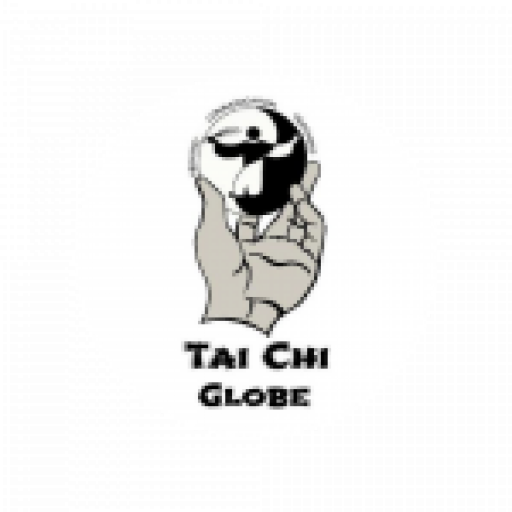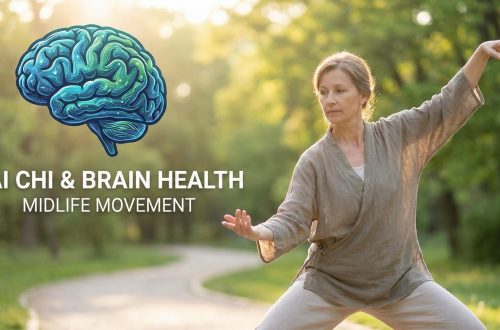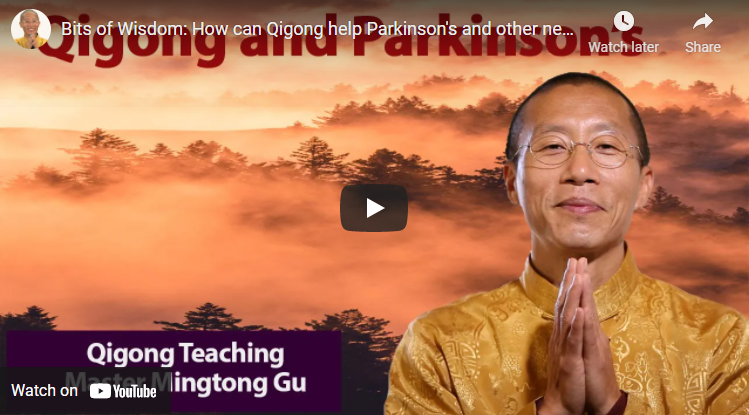Qigong Practices and Systems
Qigong Practices and Systems: Explore the world of Qigong practices, including Medical Qigong for healing, Martial Qigong for strength, and Spiritual Qigong for energy and mindfulness.
- Health and Wellbeing, Qigong Practices and Systems, Tai Chi and Qigong Philosophy, Traditional Chinese Medicine (TCM)
Discover the Proven Benefits of TCM for Liver Health: Unlock Transformative Healing Insights
Benefits of TCM for Liver Health: Unlock Powerful Holistic Healing Insights Discover Holistic Practices for a Healthier, Balanced You Exploring Holistic Liver Health Through the Lens of TCM Discover Holistic Practices for a Healthier, Balanced You Exploring Holistic Liver Health Through the Lens of TCM. Welcome to an exploration of the liver through the lens of Traditional Chinese Medicine (TCM), uncovering the benefits of TCM for liver health and holistic well-being. In TCM, the liver is closely associated with the spring season, a time of renewal and growth. Spring is considered the ideal time to support and nurture your liver’s health, aligning with the Wood element’s energy. This article explores…
-
Feeling the Flow: Understanding Qi Sensitivity in Energy Practices
Exploring the Dynamics of Energy Awareness in Traditional Practices Qi, the vital life force central to traditional Chinese medicine and martial arts, remains a fascinating concept, particularly concerning personal sensitivity to its presence and movements within the body. Why do some individuals readily feel and manipulate this energy while others seem unaware of its nuances? The answer lies in physical, mental, and cultural factors influencing our ability to perceive qi. Here’s a deeper exploration of why qi sensitivity varies among individuals and how one can enhance this subtle awareness. 1. Training and Practice The cornerstone of developing qi sensitivity is a regular and disciplined practice in energy-focused disciplines like Tai…
-
The Benefits of Practicing Tai Chi and Qigong
"In today's fast-paced world, finding ways to reduce stress and improve overall well-being has become increasingly important. One way to achieve this is through the practice of ancient Chinese exercises known as Tai Chi and Qigong. These practices have been around for centuries and offer a wide range of physical, mental, and emotional benefits. In this blog post, we will explore some of the key advantages of incorporating Tai Chi and Qigong into your daily routine."
-
The Difference between Qigong and Neigong
When it comes to traditional Chinese practices for cultivating energy and improving health, two terms that often come up are Qigong and Neigong. While both practices focus on harnessing the body's internal energy, known as Qi, there are distinct differences between the two. In this blog post, we will explore the dissimilarities between Qigong and Neigong and shed light on their unique benefits
-
Are You Missing The Point?
It’s hard to oversell Tai Chi. Certain aspects of Tai Chi have been around for thousands of years. There’s a good reason why it’s stood the test of time. The list of benefits is wide-ranging and tai chi is a richly researched exercise, linking it to help with insomnia, stress relief, depression, improved heart function, cancer, diabetes, Parkinson’s Disease, balance, muscle strength, joint health and so much more. One of the things I love about Tai Chi is the depth; we can learn a simple form and that can be enough for us – the benefits can still be enjoyed. But if we want more, there’s a whole world to discover; a notion of where the name “Tai Chi Globe” came…
-
Bits of Wisdom: How can Qigong help Parkinson’s and other neurological disease – Mingtong Gu
-
Iron Body
Like a Qigong superpower, Iron Body is probably the most well known. In the video linked below is a show called “Fight Science”. They conduct a scientific experiment to see just how Iron Body really is. Don’t try this at home!
-
Qigong and Tai Chi Quotes
Photo by Cristofer Jeschke on Unsplash “You possess the ability to tap a bottomless well of physical and psychic energy…. With it, you can harness the magickal power of the universe. Yet most of us unknowingly block the flow of this power, and live out our lives not reaching the potential that we could achieve if we only knew how.” “Qigong is a jewel that has many facets.” “Qigong is the art and science of refining and cultivating internal energy.” “Stillness and action are relative, not absolute, principles. It is important to find a balance of yin and yang, not just in qigong, but in everyday life. In movement, seek…
-
Empower Yourself Using Tai Chi and Qigong
Science doesn’t know everything. But it is beginning to understand what ancient Chinese wisdom has understood for a very long time. Tai chi and qigong are powerful. No matter who you are, they can empower you. It doesn’t matter if you are young or old, healthy or frail. They can make a vast and surprising difference in your life. Too few people in our area understand this. In my personal experience, there’s a big difference between a) the number of people practising tai chi and qigong, then b) the number of people who would benefit. Why? Is it because you don’t want a calm mind and boundless energy? Is it because…









